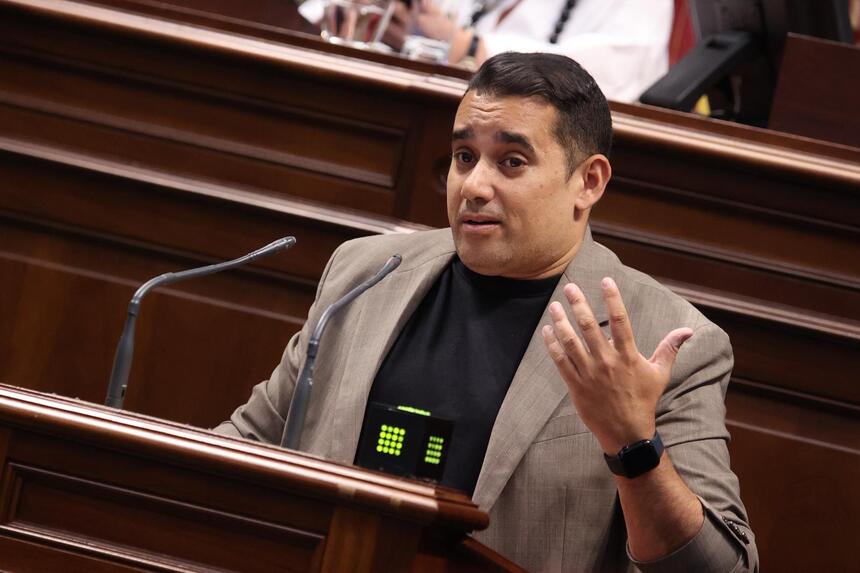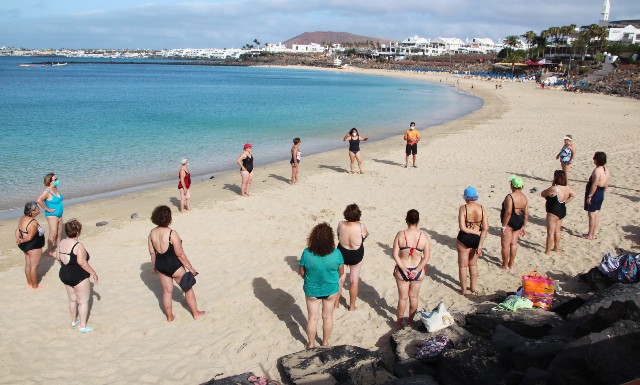Spain Approves Key Migration Protection Measures for Unaccompanied Minors
The Spanish Government, led by Pedro Sánchez, took a decisive step on Tuesday, 26 August, by approving the Royal Decree on the Ordinary Capacity of reception systems across the country’s different territories. This regulation is of immense significance, enabling progress in the protection of unaccompanied migrant children and adolescents, ensuring that no autonomous community becomes overwhelmed and that solidarity translates into concrete actions.
From now on, communities that triple their ordinary capacity—that is, the minimum number of places their reception systems must have available—will be declared in extraordinary migration contingency. This will activate a mechanism allowing for the transfer of minors to other communities with greater capacity to respond.
Initial estimates from the Ministry indicate that 3,975 children and adolescents will be transferred from the Canary Islands, Ceuta, and Melilla, territories that are likely to be declared in extraordinary contingency. Furthermore, this number will be reduced by around a thousand, as the Supreme Court has recognised that minors seeking asylum should be excluded from this distribution.
It is crucial to emphasise that transfers will be conducted in an orderly and objective manner, following criteria outlined in the Royal Decree: population, per capita income, unemployment rate, and previous reception efforts. This ensures fairness and proportionality in the number of minors assigned to each autonomous community.
The process has not been straightforward. There have been attempts at obstruction from some communities governed by the Popular Party, which have faced legal setbacks, such as Aragón on two occasions, in efforts to halt the development of a procedure that has all the necessary legal guarantees. The reasoning behind these manoeuvres is clear: the political debts of the PP with Vox, which has demanded in various territories the rejection of the binding and solidarity-based reception process in exchange for budgetary support.
It is essential to clarify two misleading claims that have been circulated. The first is that the autonomous communities were not consulted. Quite the contrary. The Ministry of Youth and Childhood has convened three Sectoral Conferences on Childhood and Adolescence and multiple Sectoral Committees in just five months. Communities governed by the PP have not presented a single alternative; their only stance has been to block and refuse to implement the law.
The second falsehood is that resources are lacking. The Government has allocated a fund of €100 million to cover the transfers, reinforce the reception of relocated minors, and support communities that exceed their ordinary capacity. This represents the largest transfer of resources in history on this matter. However, some communities, while reducing taxes for the wealthiest, claim that there are insufficient resources to fulfil a moral and legal obligation: the protection of childhood. The definitive proof that this is not a funding issue is that PP-led regional governments did not attend the last Sectoral Conference, where an extraordinary credit of €22 million was to be approved specifically for territories governed by them: the Balearic Islands, Ceuta, Melilla, and the Canary Islands.
From Lanzarote, as the Island Director of the General State Administration, I wish to emphasise a clear message: the protection of migrant children is not an ideological issue, but a humanitarian and legal one. This is not a debate about borders, but about dignity and rights. The Canary Islands have amply demonstrated their commitment, sustaining a tremendous effort over the years that will now, thanks to this Royal Decree, be shared by the entire country.
Spain once again demonstrates that it is a solidarity-driven state, one that does not leave the most vulnerable behind and endorses shared responsibility. Migrant children cannot be used as a political bargaining chip. We owe these children protection, a future, and humanity.














